CBD Oral Sprays
Say Ahhh
-
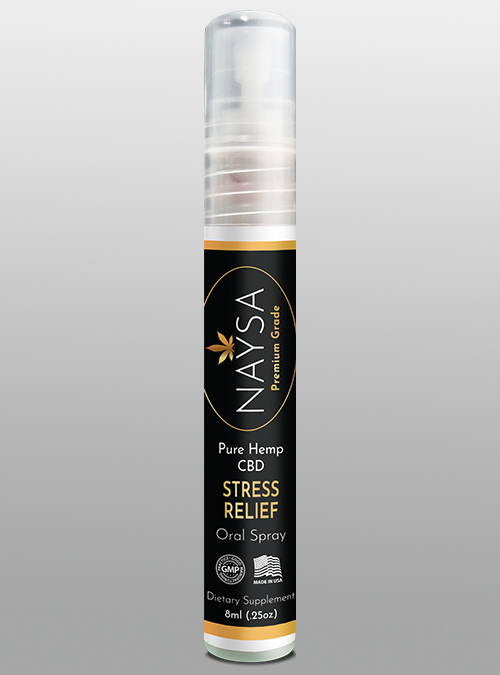 Add to cart
Add to cart
Warning: Undefined array key "aria-describedby_text" in /home/herbanehealth/public_html/wp-content/plugins/woocommerce/templates/loop/add-to-cart.php on line 40
/ Details -
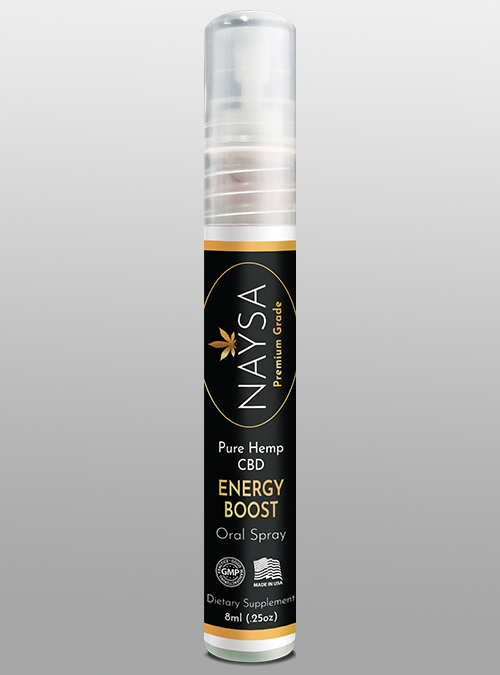 Add to cart
Add to cart
Warning: Undefined array key "aria-describedby_text" in /home/herbanehealth/public_html/wp-content/plugins/woocommerce/templates/loop/add-to-cart.php on line 40
/ DetailsEnergy Boost Oral Spray 52mg
$25.99 -
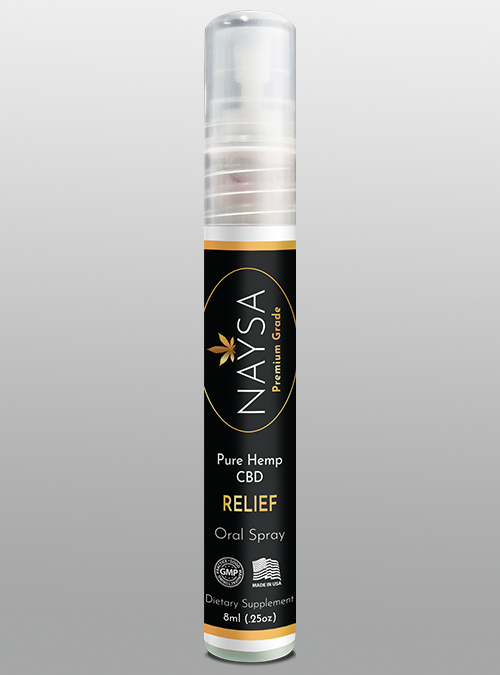 Add to cart
Add to cart
Warning: Undefined array key "aria-describedby_text" in /home/herbanehealth/public_html/wp-content/plugins/woocommerce/templates/loop/add-to-cart.php on line 40
/ DetailsRelief Oral Spray 52mg
$25.99 -
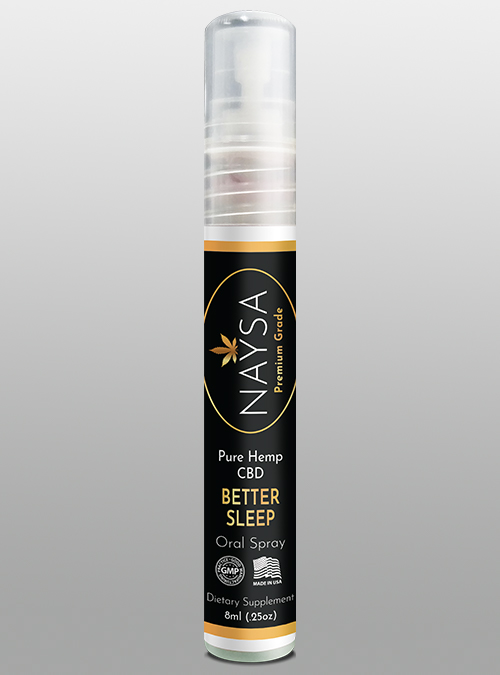 Add to cart
Add to cart
Warning: Undefined array key "aria-describedby_text" in /home/herbanehealth/public_html/wp-content/plugins/woocommerce/templates/loop/add-to-cart.php on line 40
/ DetailsBetter Sleep Oral Spray 52mg
$25.99
CBD ORAL SPRAYS
Our concentrated oral sprays are fast-acting and easily absorbed, promoting efficient delivery of nature’s cannabinoid benefits.
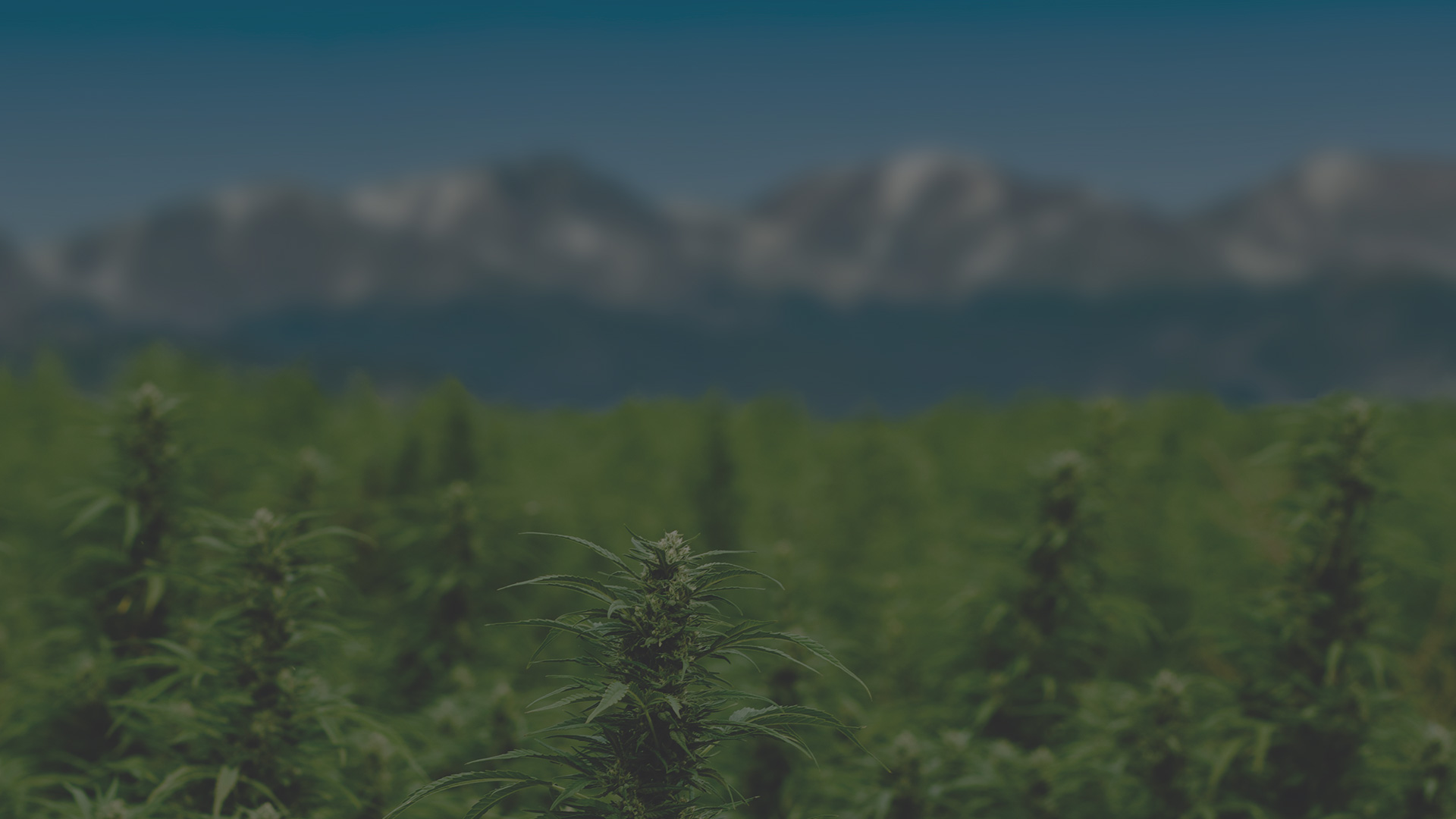
Common FAQ’s
CBD is the abbreviation for cannabidiol – a completely natural substance and one of the many cannabinoids found in marijuana and hemp, members of the Cannabis plant genus.
Cannabinoids are the actual molecules within the cannabis plant that provide the medical properties.
Because both marijuana and hemp come from Cannabis sativa, they share certain traits. However, marijuana and hemp are not the same things. The difference is in the amounts of CBD and THC.
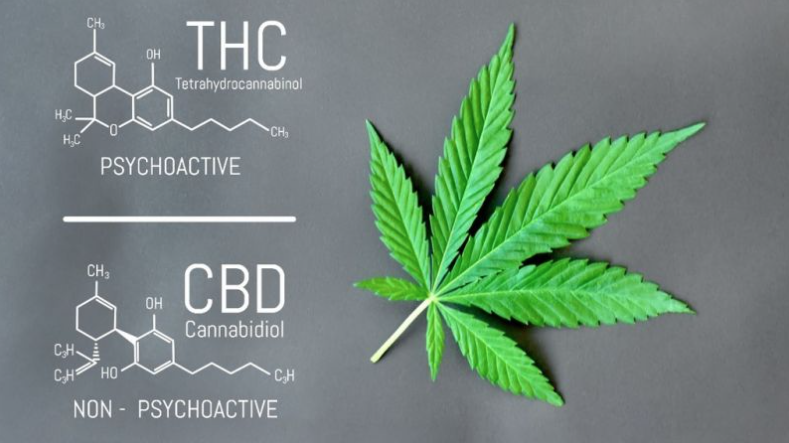
THC, or Tetrahydrocannabinol – is the main psychoactive cannabinoid found in cannabis, and causes the sensation of getting “high” that’s often associated with marijuana.
→ Marijuana can have up to 30% THC per dry weight. The US federal government doesn’t recognize any medical uses of marijuana and claims it has a strong potential for abuse. Marijuana remains federally illegal in the USA, although states have begun passing legislation that legalizes either medical or recreational marijuana use.
→ Hemp comes with high concentrations of CBD, the non-psychoactive cannabinoid, but it carries almost no THC (below 0.3%).
Being non-psychoactive, CBD provides numerous benefits without THC’s intoxicating effects: helps to get a good night’s rest, aids in stress relief, balances mood, enhances relaxation, promotes recovery, supports the immune system and much more.
 Yes, CBD is legal.
Yes, CBD is legal.
The 2018 Farm Bill legalized the production and sale of Hemp and its extracts.
Companies can now legally grow, manufacture, possess and sell CBD hemp products. This applies to both federal and state laws.
Hemp, by federal law, cannot contain more than 0.3% THC (tetrahydrocannabinol). Anything with more THC is classified as marijuana, is considered a schedule I drug by the Drug Enforcement Administration and is federally illegal.
A total of 47 states have some kind of medical marijuana programs, while 10 states (plus Washington D.C.) have legalized marijuana for medical and recreational use. But on the federal level, marijuana remains an illicit substance and its cultivation, possession, sales, and transportation are considered a federal offense.

No, CBD does not cause the mind-altering “high” and has no intoxicating effects on the user.
It is for this reason that CBD is considered non-psychoactive.
Instead, you may feel relaxed, more alert, free of physical and mental discomfort, and notice positive changes in your overall well-being thanks to how CBD works in the endocannabinoid system.
Still, many individuals might assume CBD causes the same effects as marijuana, because both can be found in the same plant. However, CBD alone is nonintoxicating. It won’t cause a high.
It’s another compound, tetrahydrocannabinol (THC), that causes the mind-altering effects.
Both THC and CBD naturally occur in cannabis plants. CBD can be isolated from the cannabis plant and the THC compound.
CBD then is infused into tinctures, oils, edibles, and other products without the high-inducing THC.
In many states only hemp-derived CBD is available legally. These products, by law, can have no more than 0.3% THC.
This isn’t enough to create any psychoactive symptoms.
CBD could relieve pain.
Marijuana has been used to treat pain as far back as 2900 B.C.
More recently, scientists have discovered that certain components of marijuana, including CBD, are responsible for its pain-relieving effects.
The human body contains a specialized system called the ECS (endocannabinoid system), which is involved in regulating a variety of functions including sleep, appetite, pain and immune system response. The body produces endocannabinoids, which are neurotransmitters that bind to cannabinoid receptors in your nervous system.
Studies have shown that CBD may help reduce chronic pain by impacting endocannabinoid receptor activity, reducing inflammation and interacting with neurotransmitters.
Yes, CBD could reduce anxiety and depression.

Anxiety and depression are very common disorders nowadays and have devastating impacts on well-being. Depression is the single largest contributor to disability worldwide.
Usually they are treated with pharmaceutical drugs, which can cause side effects like drowsiness, agitation, insomnia, sexual dysfunction and headache.
CBD has shown promise as a treatment for both depression and anxiety, raising hopes of people with these disorders to have alternatives to chemicals.
In one Brazilian study, 57 men received either oral CBD or a placebo 90 minutes before they underwent a simulated public speaking test. The researchers found that a 300-mg dose of CBD was the most effective at significantly reducing anxiety during the test.
CBD has even been used to safely treat insomnia and anxiety in children with post-traumatic stress disorder.
All these qualities are linked to CBD’s ability to act on the brain’s receptors for serotonin, a neurotransmitter that regulates mood and social behavior.
CBD can alleviate cancer-related symptoms
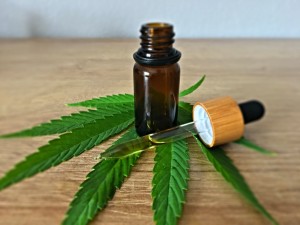
CBD may help reduce symptoms related to cancer and very common side effects related to chemotherapy cancer treatment: nausea, vomiting and pain.
Though there are drugs that help with these distressing symptoms, they are sometimes ineffective, leading some people to seek alternatives.
Nausea is often reported as more distressing than vomiting, because it is a continuous sensation. Both preclinical and human clinical research suggests that cannabinoid compounds may have promise in treating nausea in chemotherapy patients. Read research here
Some test-tube and animal studies have shown that CBD may have anticancer properties. For example, one test-tube study from American Association for Cancer Research found that concentrated CBD induced cell death in human breast cancer cells.
Another study showed that CBD inhibited the spread of aggressive breast cancer cells in mice.
Though CBD has been shown to help reduce symptoms related to cancer and cancer treatment, and may even have cancer-fighting properties, these are test-tube and animal studies, so they can only suggest what might work in people. More studies in humans are definitely needed to assess its efficacy and safety.
Ryan Crane is a cannabis entrepreneur with a background in neuroscience and a passion for performance optimization. His TEDxChicago talk gives an entertaining explanation of the science behind cannabis, as he ultimately calls it the next great superfood.
Discover More CBD Products
CBD Questions?
